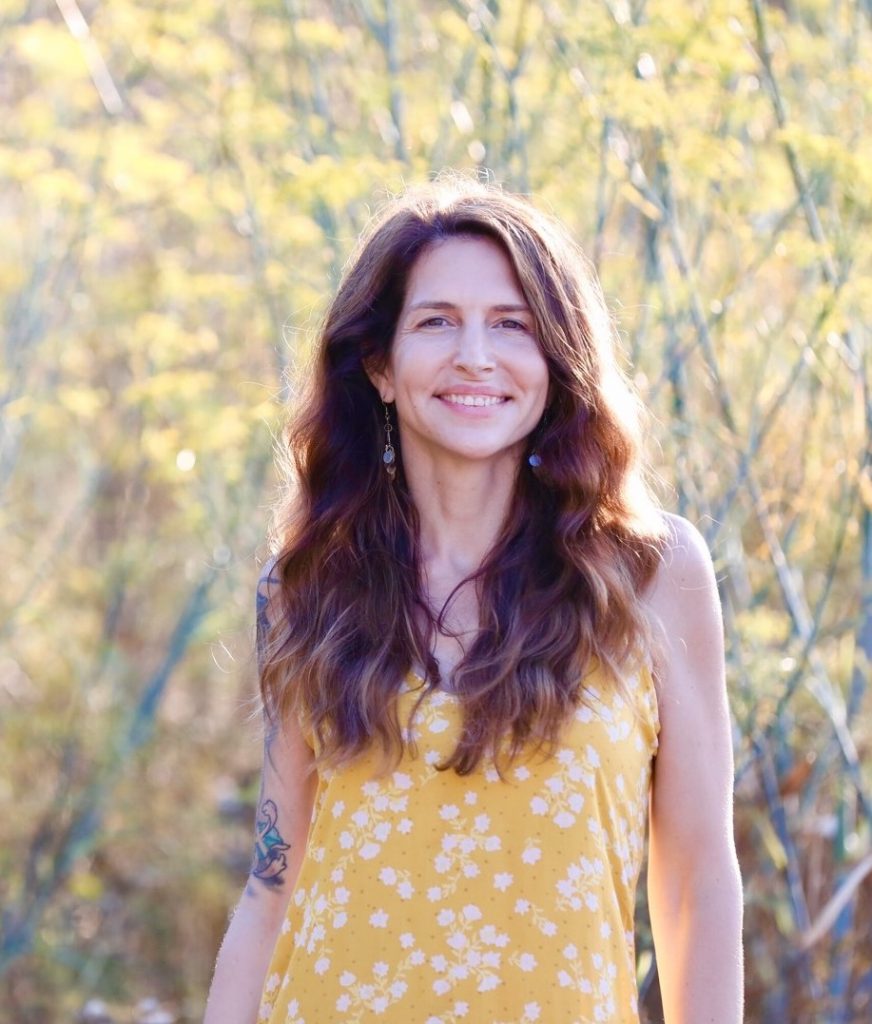“He who knows others is wise; he who knows himself is enlightened.”
― Lao Tzu
Throughout history, religious and mystical teachers have emphasized the importance of knowing yourself. They have universally recognized inward inquiry as the path toward wisdom and outward fulfillment.
In the 20th century, psychology ushered in a new arena for this inquiry. Psychology – and its effect on our social consciousness – kick-started the now 10-billion-dollar self-help industry, which provides everything from genius insight and guidance to quackery.
Sadly, the personal development industry often sells ineffective solutions to the human condition. This is because personal development authors and leaders don’t consider the actual mechanism necessary to produce the solution desired. For example, an author or leader might stress the importance of knowing oneself, but fail to realize that most people don’t know what this actually means.
The greatest example of this disconnect is the longstanding insistence that telling one’s story and understanding one’s past is sufficient to create change. This thinking states that someone who told their story and rooted through their past and – yet – things had not changed for them must have some part of them left uncovered.
Jung, whose insights penetrated far past the interpretations of his work, said: “I am not what happened to me. I am what I choose to become.”
A camp of psychologists called Behaviorist challenged this insistence. Their work began by extrapolating how to create change based on the behavioral patterns they observed in mice. They focused on changes to behavior in place of changes to understanding.
While the field of psychology learned quite a bit from these differing approaches, I believe they each largely missed the mark in their attempt to help a person thrive within the human condition.
Fulfillment doesn’t simply come when we change our behavior nor does it come when we excessively comb through our past. Rather, it’s the result of the wisdom gained from internal inquiry expressed through our day-to-day experience.
Jesus said, “He who has not known himself does not know anything, but he who has known himself has also know the depth of all.”
Unfortunately, the path to apply this knowledge is nowhere to be found in religious texts. There have been many superficial maps that guide the way to self-knowledge. Most often, these maps are dictates for social conduct. The actual guidance is only spoken about in mystical traditions.
The way I see it, wisdom is the key that opens the door to our selves and self-knowledge. We’re able to create inspired lives that make a difference when we rely on and apply our wisdom.
So, how do we apply our wisdom and access our deep self-knowledge?
I say start with Self-Love! To me, self-love is the total acceptance of ALL of who you are.
Yet – if I had a dime for every time someone asked me: “How can I start loving myself” or “What does self-love even mean?”
If you Google self-love, you’ll get a lot of answers like “do what you love” and “pay it forward.” While these practices help, they generally don’t get us there because they emphasize behavioral shifts alone.
You can read this quote and quite likely it touches you in some way. “You can search through the entire universe for someone more deserving of your love and affection than yourself and that person is not to be found anywhere. You yourself as much as anyone in the universe deserve your love and affection.” Buddha
You KNOW it’s true. But how do you actually get there?
The mechanism for getting there begins with looking inward – to begin the search for your deeper nature inside yourself. This, however, is only one half of the process. As you look in, you must look outside yourselves and begin to take normal and prescribed action in your world. At this juncture you either gain more wisdom and fulfillment or more pain based on how you apply the information you receive. You can see what happens next as guidance in the direction of your true nature or you can see it as another obstacle.
The truth is: there is no difference between “loving yourself” and “being yourself.”
When we use all of our interactions with the world to guide us in the direction of our true and deep nature and then choose to express our nature to the world, we experience the deepest form of self-love possible.
When we do this with others, it is loving them.
“The privilege of a lifetime is to become who you truly are.”
― C.G. Jung


This piece is exceptional Kate.